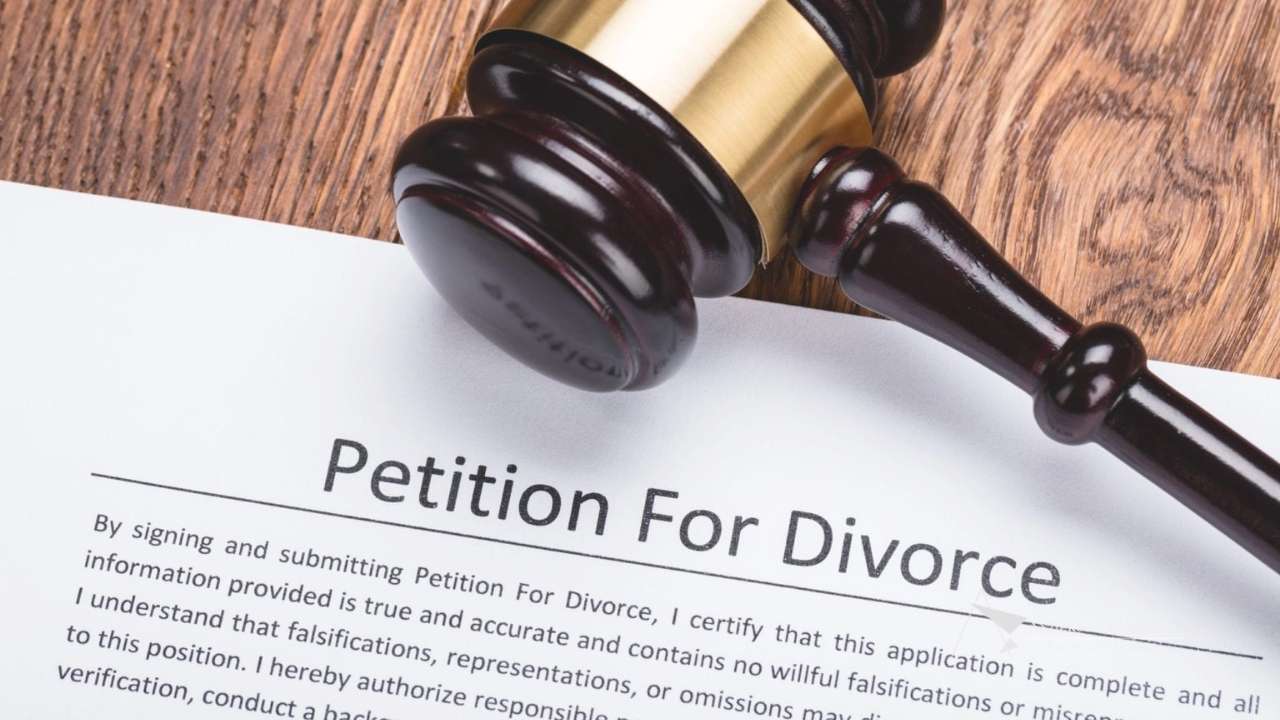When it comes to filing for divorce, sometimes I see a rush to the courthouse. The client insists on getting things ready to file first. Should there be a rush to the courthouse when filing a Chicago divorce? If you both reside in the same general area, the answer is no. There is not any real significance to who filed first when you both would file the case in the same court.
Table of Contents
- Who Files First Matters When Spouses Live in Different States
- Talk to Divorce Lawyers in Each State About Your Situation
- Where the Children Reside Controls Parenting Time and Custody
- The Divorce Filing Process
- What You Need to Know If You File First for Divorce
- Beware of a Counter-Petition to Dissolve the Marriage
- Importance of the Date of Filing
- Filing Divorce First Impacts When You Begin a Trial
- Consult With an Experienced Chicago Divorce Attorney About Filing First
Who Files First Matters When Spouses Live in Different States
If you and your spouse are living in different states – then a rush to the courthouse is critical. You can file for divorce in any state where you meet the residency requirements. So if you live in Illinois and your spouse lives in California, you should file first so your spouse has to come to Illinois to participate in the case. If your spouse files first in California, then you are going to have to go to California to participate in the case.
Talk to Divorce Lawyers in Each State About Your Situation
It is a good idea to talk to lawyers in the competing jurisdictions to find out the laws relevant to the issues in your divorce proceedings to find out if there is a benefit in one state over the other. Either spouse can file for divorce in this example in either state. This means that if Husband finds out that Illinois would be a better state to determine property division or spousal support then although he lives in California, may choose to file in Illinois with the help of a divorce attorney in Chicago.
Where the Children Reside Controls Parenting Time and Custody
one thing to be aware of is if there are children, only the court where the children reside will have jurisdiction to determine parenting time and parental responsibilities for the children. You could potentially have a divorce in California if a spouse who lived there filed there and child “custody” determined in Illinois if the children and the other spouse are in Illinois.
Absent the considerations if you live in two separate states or jurisdictions and you both live where you would file in the same court there is no rush to the courthouse.
The Divorce Filing Process
first to file for divorce is called the Petitioner, they are named first in the case. The other spouse who responds is called the Respondent; they are the 2nd named person in the case i.e. first spouse v second spouse.
Does the court take into consideration or make any determination based on whether the party is the Petitioner or the Respondent?
NO.
case involves two parties who were married on the same date for the same length of time and a request to terminate their marriage was filed by one of them – to the court, they are on equal footing and who filed first does not make any difference to the Court. Illinois no longer has grounds for dissolution of marriage. Illinois used to have an option when you filed for divorce to allege grounds such as adultery, mental cruelty, and habitual drunkenness. In those instances, someone may want to be the petitioner and make these allegations as a basis for requesting a divorce. This did not give the Petitioner an advantage as far as property division or any other different treatment – it was simply a mechanism to prove the grounds as alleged for purposes of dissolving the marriage. Illinois has since done away with “grounds” so you could have been the best spouse or the worst, and the court just cannot take that into consideration.
Although it does not matter who files first, there are some things to consider and be aware of if you are the Petitioner and if you are the Respondent.
What You Need to Know If You File First for Divorce
If you are the Petitioner, it is your case. Your spouse files a response and you move through the process, have temporary hearings, temporary orders in place, proceed with discovery and potentially spend several months or years in the court system working through the process. Because it is your case, you can dismiss it, as long as you provide notice and reimburse your spouse the filing fee (not their attorney fees just the filing of the case fee) the court will likely grant your motion since it is your case. All temporary orders go away and if and when you re-file you have to start over.
Beware of a Counter-Petition to Dissolve the Marriage
If you are the Petitioner and it is your case, your spouse can file a Counter-Petition to Dissolve the marriage along with the Response to your Petition to Dissolve the marriage, and then you are both Petitioners – meaning that one party cannot dismiss the entire case. They can dismiss their own petition but since there is another petition, or counter-petition, on file, the case remains intact and proceeds. You should always talk to your attorney about filing a counter-petition for dissolution of marriage if your spouse files first.
Importance of the Date of Filing
In Illinois, the date of the filing signifies the end of the marriage for calculating the maintenance period. If you are going to be receiving maintenance the longer you hold off filing – the higher the award could be and if you are going to be paying maintenance the sooner you file the sooner you set the end date of the marriage for purposes of calculating maintenance.
Filing Divorce First Impacts When You Begin a Trial
only other time it becomes a factor is when you begin a trial. If your case proceeds all the way to trial which it will if you are unable to resolve all matters of property division, parenting time, allocation of parental responsibilities, maintenance, and support, then you will go to trial and present evidence to the court who will make the decisions for you that you were unable to resolve. At trial, the Petitioner goes first and presents their evidence. When they have presented all their evidence and witnesses, the Respondent takes their turn and presents their evidence and witnesses. There are cases when it is good to go first and cases when is better that the other side goes first. Either way, you are not at any disadvantage or advantage, but it is a consideration attorneys’ take note of once a case is filed.
Consult With an Experienced Chicago Divorce Attorney About Filing First
If you are thinking about filing for divorce, be sure to speak with an experienced Chicago divorce lawyer. For a free consultation, contact Anderson Boback & Marshall to discuss your situation and help you determine whether it is best for you to file first for divorce.


















